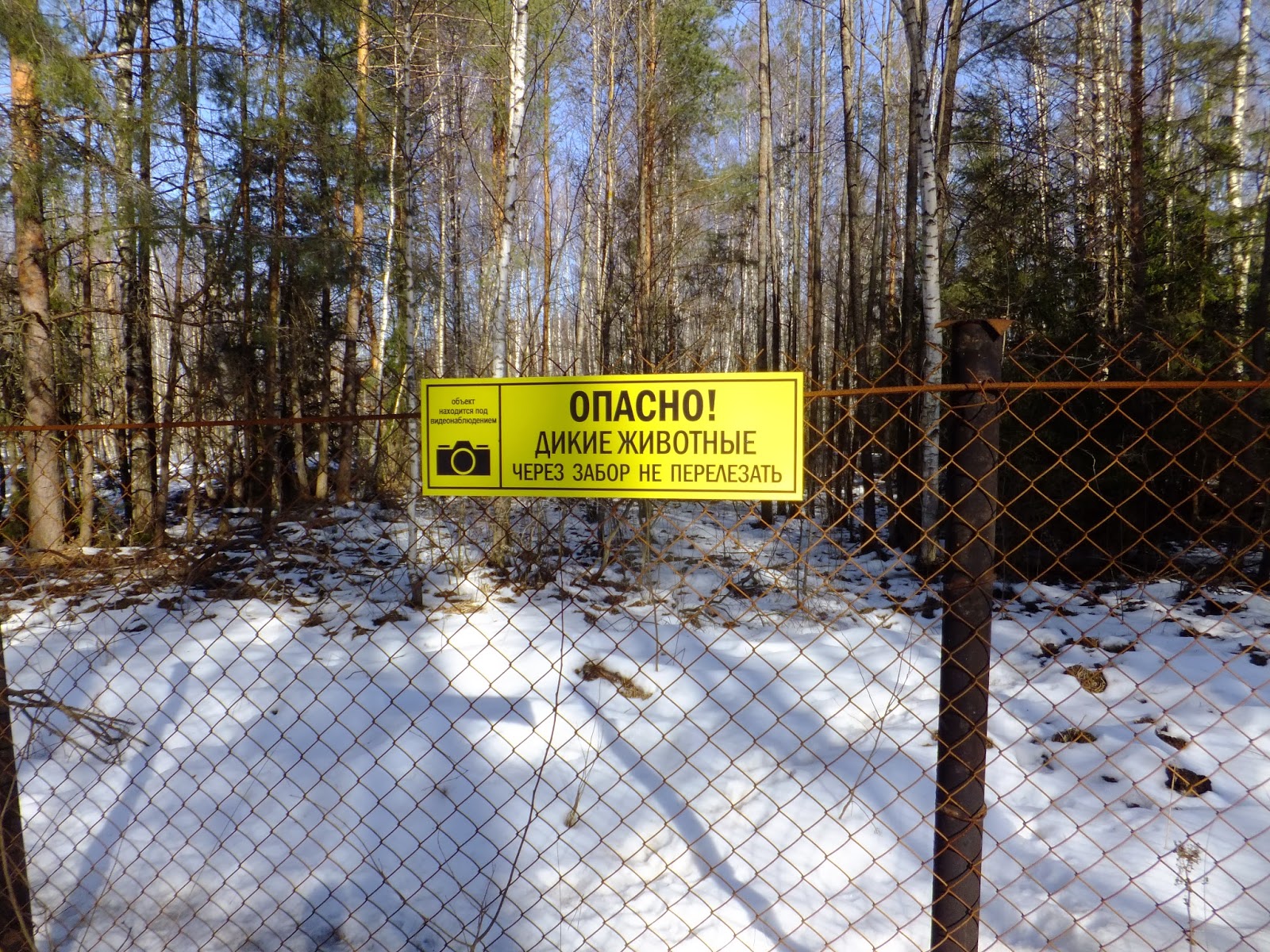It's so great to be back! I've been in the US for about ten days, and a lot of things have been surprising me. Here's a quick list:
-Friendly people. Americans have a reputation for being a friendly lot, and we are known for asking complete strangers how they're doing (this confuses Russians). Some Americans who've traveled to Russia return and find our smiley, neighborly way to be disingenuous and annoying, but I've been loving that fact that the cashier in the grocery store smiles and asks if you found everything, that strangers in parks stop and chat about coyote sightings, that airport security workers greet you with a "how are you." I don't find it fake; it's just people being nice to each other. I've seen the alternative, and I much prefer the American way.
-Teeth. I haven't seen a single gold tooth since I've been back. I also haven't been bowled over by anyone's breath of death. Thank you American dental care.
-Flavorful food. Russian food is hearty and can be very good. It, however, is not bursting with vivid flavors. I've been savoring the rich variety of cuisine that we Americans have at our disposal. I had a burrito the other day from Ohio City Burrito--one of my favorite lunch places in Cleveland--and my taste buds were rejoicing at combinations of piquant flavors they hadn't experienced in almost two years. I've got to go to an Indian restaurant soon--it's been far too long.
--Roads and driving. I was a bit worried that I would forgot how to drive, but my fears were unfounded. Driving came right back, and I've done plenty of city and highway driving (I put 450 miles on the car in the last week). Even after one of the harshest winters in recent memory, Ohio's roads are in excellent shape compared to what Russia calls roads, and our drivers are so much better behaved. I've been tempted to pull Russian driving moves and squeeze around cars at intersections or overtake slow-movers on curves, but I've held back. And that's probably for the best.
The one thing I do miss right now is tvorog (farmer's cheese). It is high in protein and was my normal bedtime snack. You can find it in every Russian grocery store, but it's nowhere to be found here. I guess I could make my own, but that's a hassle. I'm trying to convince myself to like cottage cheese instead. We'll see how this goes.
-Friendly people. Americans have a reputation for being a friendly lot, and we are known for asking complete strangers how they're doing (this confuses Russians). Some Americans who've traveled to Russia return and find our smiley, neighborly way to be disingenuous and annoying, but I've been loving that fact that the cashier in the grocery store smiles and asks if you found everything, that strangers in parks stop and chat about coyote sightings, that airport security workers greet you with a "how are you." I don't find it fake; it's just people being nice to each other. I've seen the alternative, and I much prefer the American way.
-Teeth. I haven't seen a single gold tooth since I've been back. I also haven't been bowled over by anyone's breath of death. Thank you American dental care.
-Flavorful food. Russian food is hearty and can be very good. It, however, is not bursting with vivid flavors. I've been savoring the rich variety of cuisine that we Americans have at our disposal. I had a burrito the other day from Ohio City Burrito--one of my favorite lunch places in Cleveland--and my taste buds were rejoicing at combinations of piquant flavors they hadn't experienced in almost two years. I've got to go to an Indian restaurant soon--it's been far too long.
--Roads and driving. I was a bit worried that I would forgot how to drive, but my fears were unfounded. Driving came right back, and I've done plenty of city and highway driving (I put 450 miles on the car in the last week). Even after one of the harshest winters in recent memory, Ohio's roads are in excellent shape compared to what Russia calls roads, and our drivers are so much better behaved. I've been tempted to pull Russian driving moves and squeeze around cars at intersections or overtake slow-movers on curves, but I've held back. And that's probably for the best.
The one thing I do miss right now is tvorog (farmer's cheese). It is high in protein and was my normal bedtime snack. You can find it in every Russian grocery store, but it's nowhere to be found here. I guess I could make my own, but that's a hassle. I'm trying to convince myself to like cottage cheese instead. We'll see how this goes.




























































